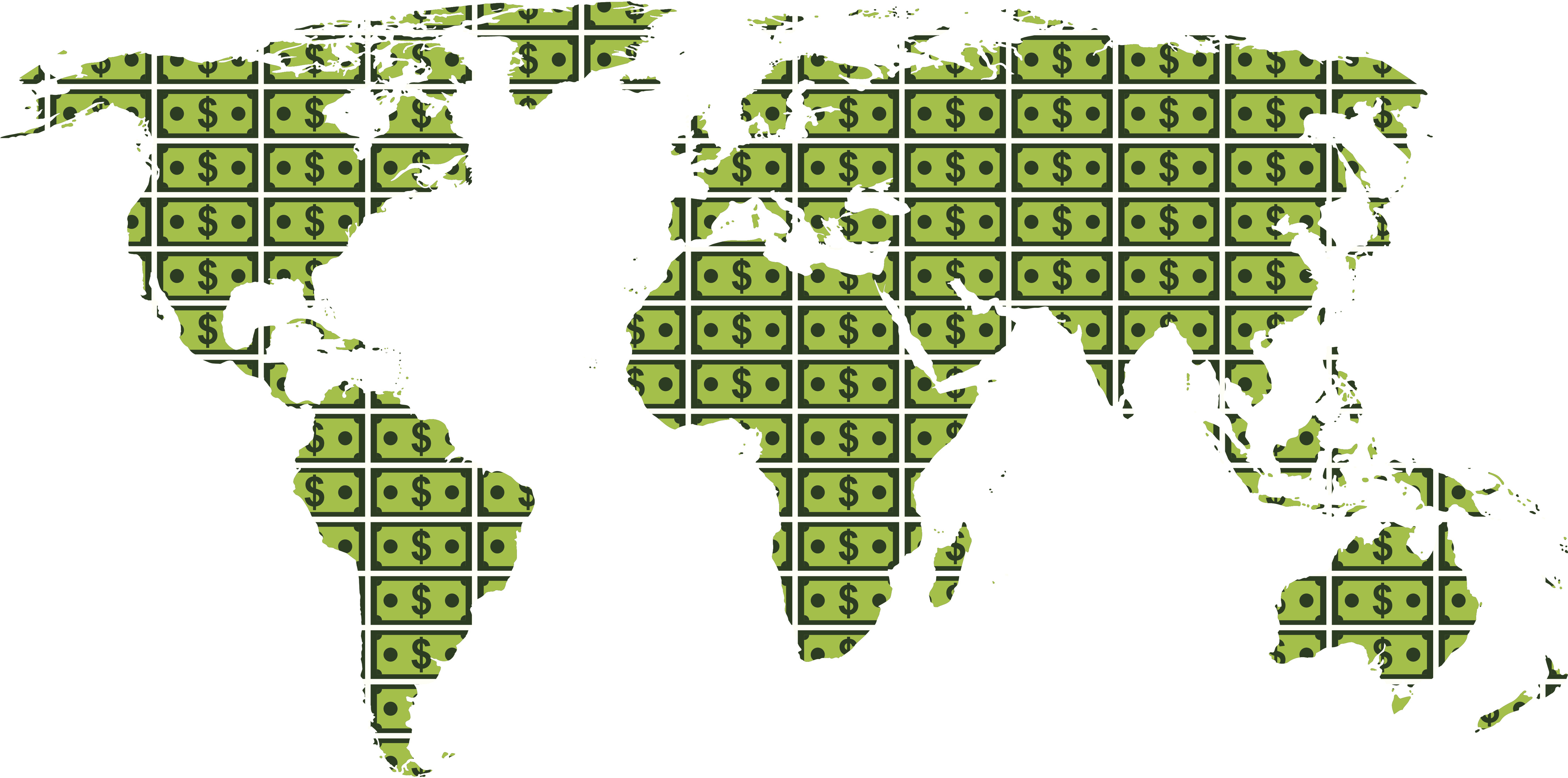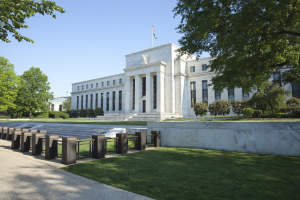I thank Philos Lysandrou and Anastasia Nesvetailova for their response to my essay on the dollar in a multi-polar world. Our conclusions are broadly similar, though a reader of the Lysandrou/Nesvetailova essay alone might be forgiven for thinking that sharp differences exist.
For instance, L/N characterize my view in these words: “He sees the confidence in the dollar as something highly fragile because it apparently lacks any material substance to back it.” I searched my text for the words “fragile” and “fragility.” They were not to be found. On the contrary, L/N quote the following passage but omit both a crucial intermediate sentence and also the conclusion, which are included in bold below:
“So, as recent crises make clear, today the dollar-based order is supported mainly by instability elsewhere and the lack of a credible alternative or compelling reason to create one, or where such reasons are felt, the ability to do so. With a large and liquid market for debt, the US Treasury bond remains the refuge of first resort even when a financial upheaval originates within the United States, as was the case with the sub-prime debacles of the 2000s and even today. The system is supported, in short, by confidence in itself, and not, so far as one can see, by much of anything else. This however does not necessarily mean that it will collapse on its own in the immediate or even foreseeable future.”
A full rendering of that passage would, I think, have almost eliminated dispute. L/N themselves describe the basis of the dollar system thus: “Foreign investors currently have trust in the US and in its legal and governance infrastructure…” If there is a distinction between their use of the word “trust” and mine of the word “confidence,” I’m not sure what it is.
My essay went on to discuss at length why neither Russia, China, nor the larger group forming around them are likely to be able to fill the world’s need for a “large and liquid market for debt” in the near future. So my conclusion is precisely the one that L/N judge correct, namely that a “non-dollar/non-euro” zone is coming into existence, for a certain fraction of world payments and capital flows – thanks to Western sanctions that threaten the liquidity, security, and trustworthiness of US and European assets. That is what happens when you seize another country’s holdings of Treasury bonds. Whatever comes next, this is a remarkable own-goal by Western financial powers. It is a sign, to be blunt, of reckless incompetence in strategic leadership in the United States.







